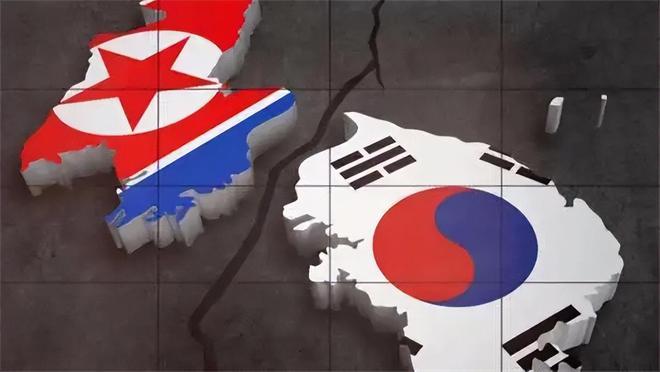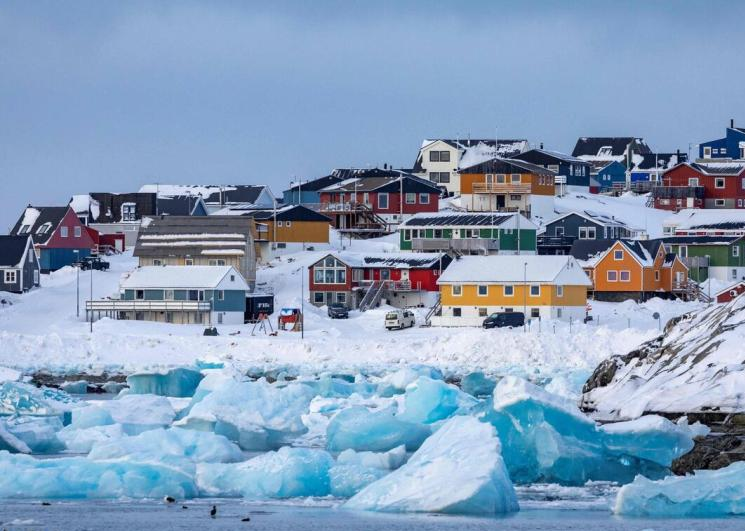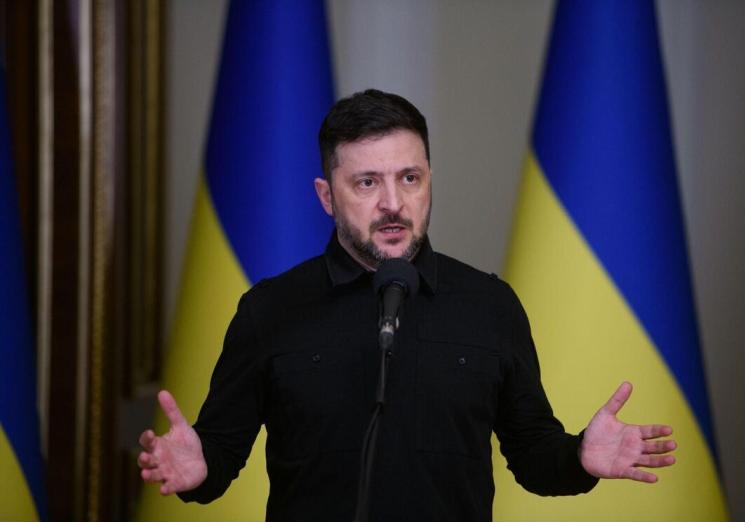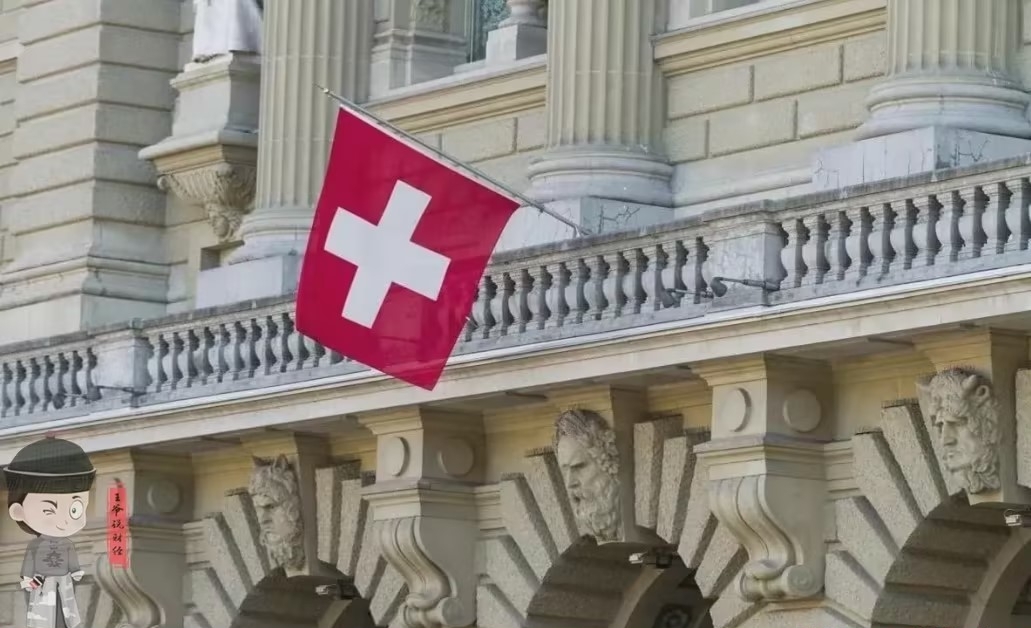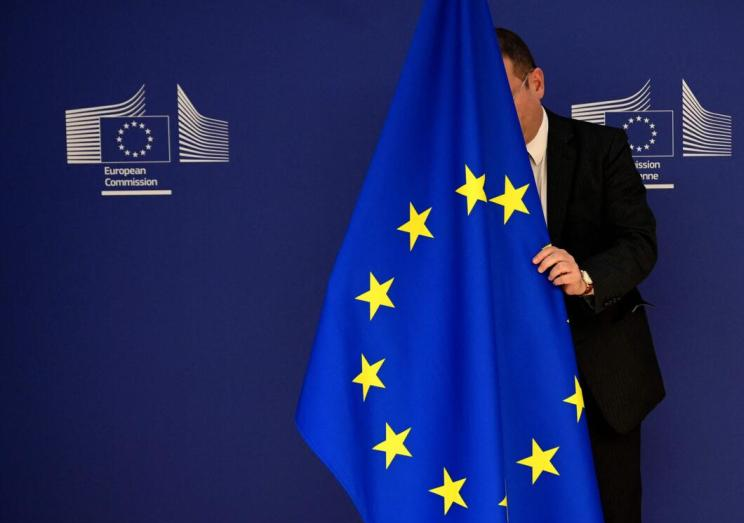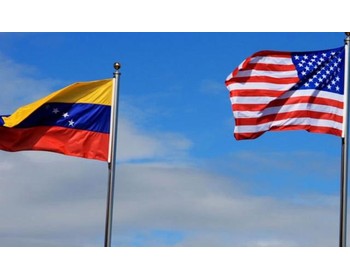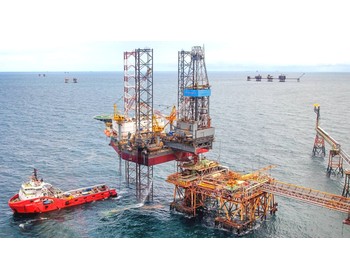Entering 2024, the situation on the Korean Peninsula is tense, and while South Korea and North Korea exchanged harsh words, the two sides responded to each other's provocations through military exercises and underwater nuclear tests. Judging from the current situation of the two sides not giving in to each other, the confrontation between the DPRK and the ROK seems to have reached its peak, but from the internal and external environment of the DPRK and the ROK, the strategic demands of the two sides and the comprehensive situation of geopolitics, the possibility of the outbreak of conflict between the DPRK and the ROK is unlikely.
As the South Korean Yin Xiyue government pursues a hostile policy toward the DPRK, South Korea has accelerated to the United States, North Korea's positioning of South Korea from the past "ethnic relations" to "hostile relations", the military pace seems to have accelerated, and the North and South of the peninsula are likely to enter the vicious circle of "response and response" and "tough on tough". The most critical factor is that, against the complex background of the parliamentary election in the ROK in April and the presidential election in the US in November, tensions on the Peninsula are expected to continue and may be in turmoil for a long time.
However, based on historical experience, the two sides are unlikely to break out a large-scale conflict under the influence of strategic intentions and geopolitical factors. From the perspective of North Korea, the hostile anti-DPRK policy adopted by the Yoon Seok-yuek administration after taking office and the extended deterrence to strengthen the DPRK with the influence of the United States and Japan have completely disappointed North Korea. The DPRK believes that only by continuously developing and expanding its national defense and military forces "with toughness to toughness" can it not be intimidated and suppressed in the increasingly severe situation on the peninsula, and only by having a strong defense strength can it be on an equal footing with the other side in future contacts and negotiations and obtain favorable chips. On the South Korean side, the Yoon Seok-yuol administration has comprehensively denied the Moon Jae-in administration's policy of engagement, reconciliation and cooperation with the DPRK, claiming that peace can only be sought and maintained by strength and deterrence. As a concrete measure, South Korea, on the one hand, vigorously exaggerates the nuclear and missile threat of North Korea, on the other hand, strengthens the South Korea-US alliance and the South Korea-Japan military cooperation, and continues to increase the pressure and deterrence against North Korea, in order to deter and intimidate North Korea. Therefore, this "strong to strong, maximum pressure" approach between the DPRK and the ROK can be seen as a gesture and a strategy, rather than a real outbreak of conflict.
From the perspective of the real geopolitics of the Korean Peninsula, the matter between the two Koreas is not only the matter of the two Koreas after all, China, the United States, Japan and Russia will be involved. The United States is the least willing to see a conflict on the Peninsula. For one thing, the US will hold a general election at the end of this year, and the Biden administration has no more energy to participate in and manage the Peninsula affairs. Maintaining the status quo is in the best interests of the US at present. Second, the conflict between Russia and Ukraine and the conflict between Israel and Israel has made the United States "physically and mentally exhausted". If there is a conflict between North and South Korea, the United States will fall into the quagmire of "three lines of combat". Secondly, the two superpowers, China and Russia, also do not want the situation on the peninsula to get out of control, and the two countries are expected to take measures to mediate and avoid further escalation of the conflict.
According to the above analysis, it can be learned that the situation on the Korean Peninsula should not occur like the large-scale conflict between Russia and Ukraine and Palestine and Israel, and the two sides basically strengthen deterrence through confrontation, the purpose is not to conflict, but to avoid conflict. However, regarding the future trend of the situation on the Peninsula, we should not be relaxed. After all, the current world situation is unpredictable and is in an eventful autumn prone to conflicts.

